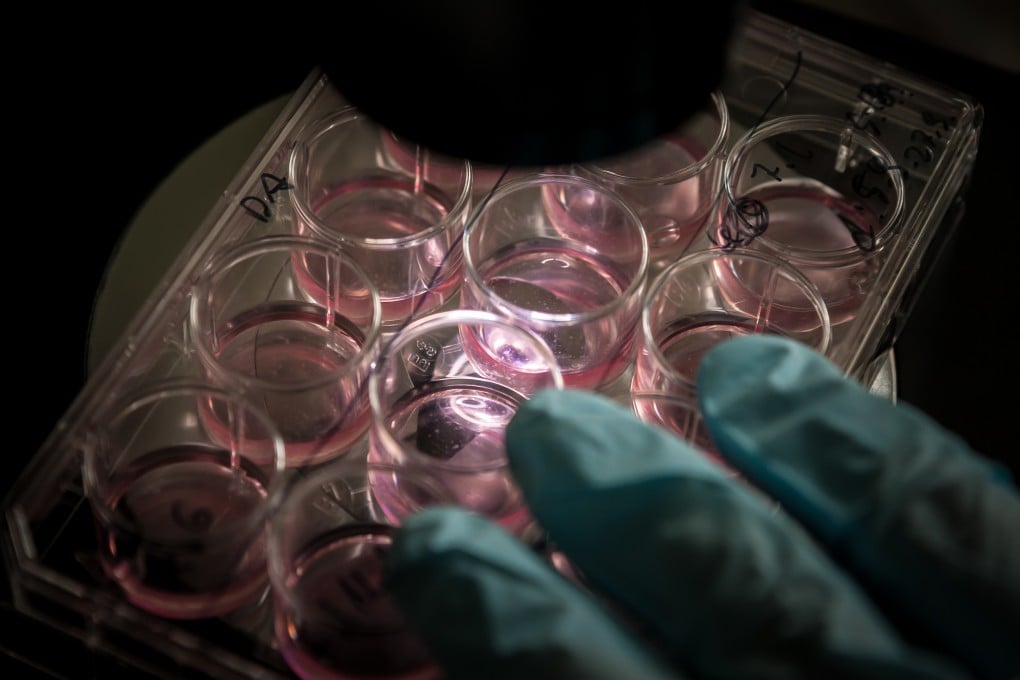Lab-grown human embryo models spark calls for regulation
- Scientists have created stem cell-based human embryo models, without needing sperm, an egg or fertilisation
- Such models could allow research in ways never before possible because of ethical and legal concerns

Scientists have used stem cells to create structures that resemble human embryos in the lab, in a first that has prompted calls for stricter regulation in the rapidly advancing field.
Several different labs around the world have released preprint studies in the past seven days describing their research, which experts said should be treated with caution as the research has not yet been peer-reviewed.
The labs used different techniques to encourage human embryonic stem cells, which can become any type of cell, to self-assemble into a structure that resembles an embryo – without needing sperm, an egg or fertilisation.
The aim is to give scientists a model with which to study human embryos in ways never before possible because of ethical concerns, in the hopes of gaining new insight into the causes of birth defects, genetic disorders, infertility and other problems during pregnancy.
The first announcement was last Wednesday, when Magdalena Zernicka-Goetz of Cambridge University and the California Institute of Technology described her team’s work at the International Society for Stem Cell Research’s annual meeting in Boston.
Her presentation was first reported by The Guardian newspaper.